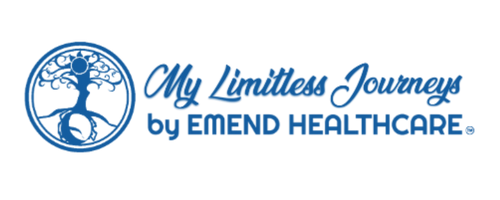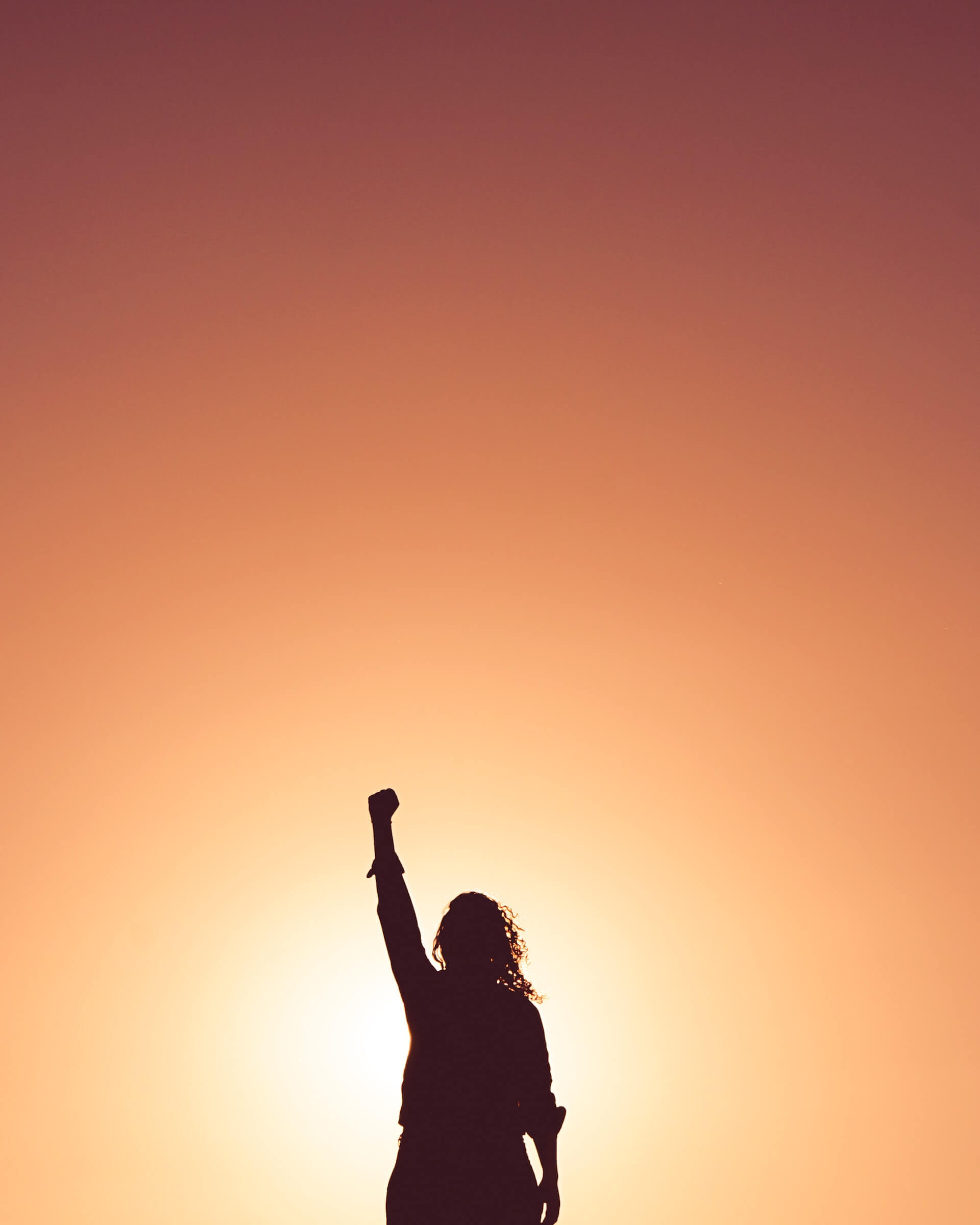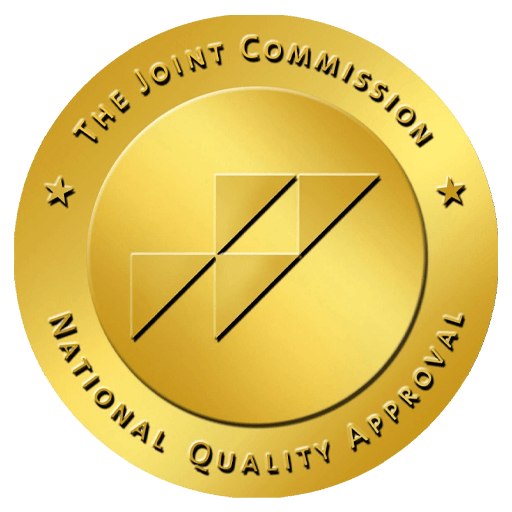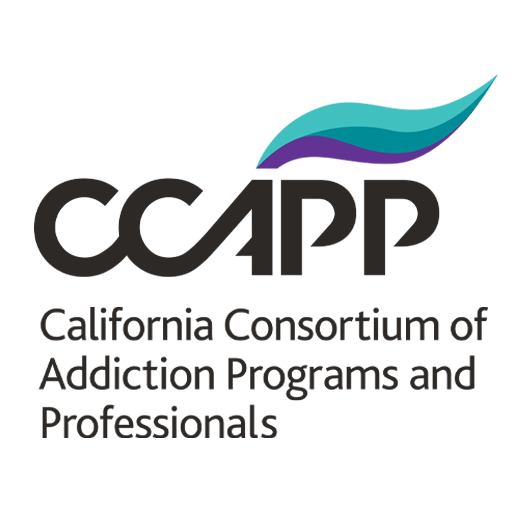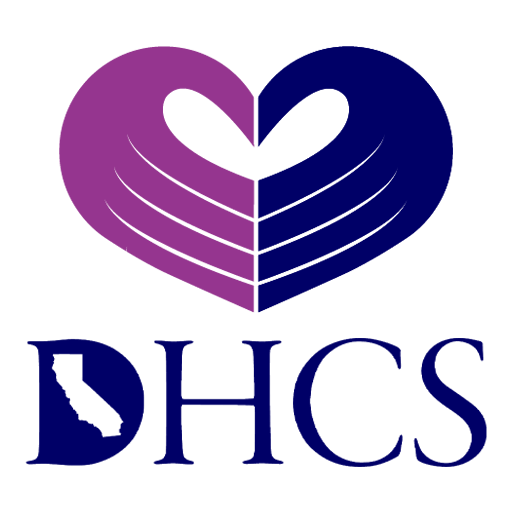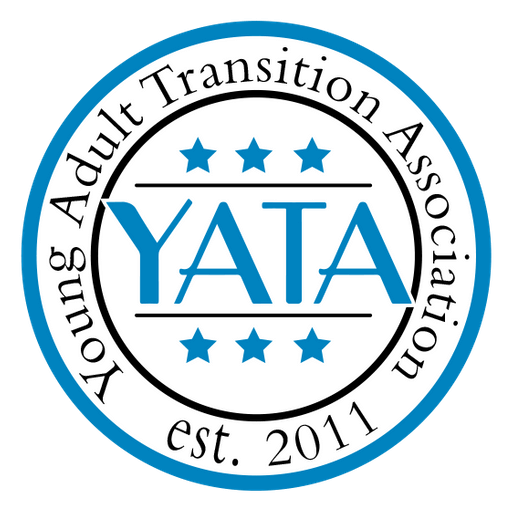Addiction Issues with Social Media
Social media can become an addiction in the same way as drugs or alcohol. Our body releases dopamine, which is a natural chemical associated with pleasurable activities. Think of it as scratching a lottery ticket. We don’t know if we’ve won until we’ve scratched the ticket. Similarly, we don’t know the content until we open the social media app. In both instances, dopamine is released in anticipation, and we’ll either be ecstatic or disappointed upon seeing the results.
Benefits of social media
Human beings require social interaction in order to thrive. Remember the movie Cast Away (2000)? Chuck (Tom Hanks) crash lands on a deserted island. With no human contact he begins communicating with a volleyball he names Wilson, as if it were a real person.
Social media gives us that human interaction and can ease stress and anxiety, decrease loneliness, and add self-worth and confidence. In this otherwise fast paced world, social media delivers us the latest trends, talking points, and news stories at the click of a button.
We can connect with distant family or meet other people from across the globe, which becomes invaluable if we live in a rural area. More importantly, social media gives us the power to expand our small businesses and grow a particular group or movement.
Drawbacks of social media
Social media isn’t all likes, subscribes, and followers. At its core, social media is a search for validation. Positive feedback can boost our self-esteem when we get a high number of likes on a post or picture. But beware, as the opposite is also true.
If we don’t get as much positive feedback as we like, we may begin to question ourselves. We may also compare ourselves to others or similar posts that got the attention or amount of positive feedback that we had hoped for ourselves. In a double-edged sword effect, this could hurt our self-worth and make us feel more isolated.
Blue light puts strain on our eyes and hinders the production of melatonin, a hormone that helps us sleep. As a result of a lack of sleep, we become irritable, and tired, and can also be susceptible to paranoia and hallucinations.
There was a time when only movie stars in magazines were an example of physical perfection. Now with filters, anyone can look like a Greek god. This inauthentic physical appearance blurs the line between reality and deception.
Because people don’t have to worry about the consequences of their words in a face-to-face setting, they are harsher and more critical on social media. This “trolling” or hiding behind a screen often leads to cyberbullying. Quite often, those being cyberbullied tragically commit suicide.
Swiping right or left on dating apps may seem like an easy avenue to meet the potential love of our lives, but instead, it can create an easy avenue for scams and catfishing. While it’s true that we need human interaction – so we don’t start talking to inanimate objects – in person contact is the most beneficial. This allows us to have deeper conversations with one another and due to nonverbal (body language) cues, there is less of a chance of misinterpretation. In short, it’s much more genuine.
How To Keep a Healthy Mind When Using social media
As we know, it’s nearly impossible to give up social media entirely, as it’s become fully engrained in our society. So, if we continue to engage in social media, we need to be aware of the negatives and take steps in order to keep a healthy mental state.
The easiest thing we can do is to delete apps that may make us feel anxious, sad, angry, or depressed. Otherwise, we can limit the time spent on these apps. For instance, we can make plans to go out with friends, exercise, or even volunteer in the community. Finding ways to eliminate boredom will keep us from excessively scrolling.
NFL coach Herm Edwards used to give a speech to rookies entering the league that centered around the dangers of social media. Part of that speech included the phrase “The solution is simple, don’t press Send!”. He’s exactly right. We need to tread slowly and think carefully about what we post on social media. Once the words or picture is out there, the whole world has access to it, even if we delete it.
Since the blue light from our phones effects our sleep patterns, turning off notifications when we go to bed makes it less likely that we will check our phone during the night.
More important is the fact that we must seek out professional help if we feel our mental health is suffering. If we don’t, our deteriorated mental state could lead to unhealthy ways to cope, including an alcohol abuse disorder or a drug addiction. This could create a whole other problem itself – dual diagnosis – where we need help with drug addiction or alcoholism in addition to our mental health struggles. Basically, if we practice self-care, this will reduce the chances of needing and addiction counselor or addiction treatment center.
As we’ve seen, there are more drawbacks to social media than benefits. However, that doesn’t mean that social media itself is bad. Social media can consume our lives if we let it, but we are the ones in charge. Therefore, self-discipline, responsibility, and good time management skills are vital to our mental health, so we don’t start talking to our coffee maker.
